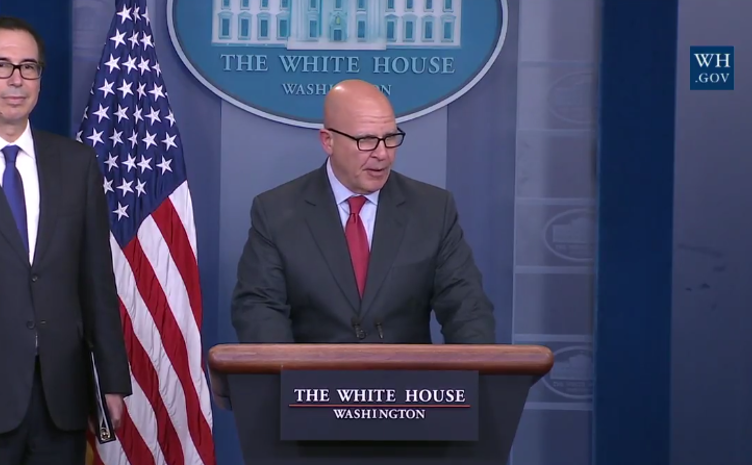McMaster: Venezuela’s Maduro ‘is now a dictator’
AI Overview
Summary is AI-generated, newsroom-reviewed.
Venezuelan President Nicolás Maduro declared victory following Sunday’s National Constituent Assembly election, culminating a chaotic run-up to what was largely viewed as a sham election meant only to consolidate powers with Maduro, now a de facto dictator in the eyes of the opposition and the Unite
Read the full article for more on:
- Important insights and detailed analysis
- Expert commentary on current events
- Breaking developments and updates

Venezuelan President Nicolás Maduro declared victory following Sunday’s National Constituent Assembly election, culminating a chaotic run-up to what was largely viewed as a sham election meant only to consolidate powers with Maduro, now a de facto dictator in the eyes of the opposition and the United States. Speaking at a White House press briefing on […]

What readers are saying
Generating a quick summary of the conversation...
This summary is AI-generated. AI can make mistakes and this summary is not a replacement for reading the comments.









COMMENTS